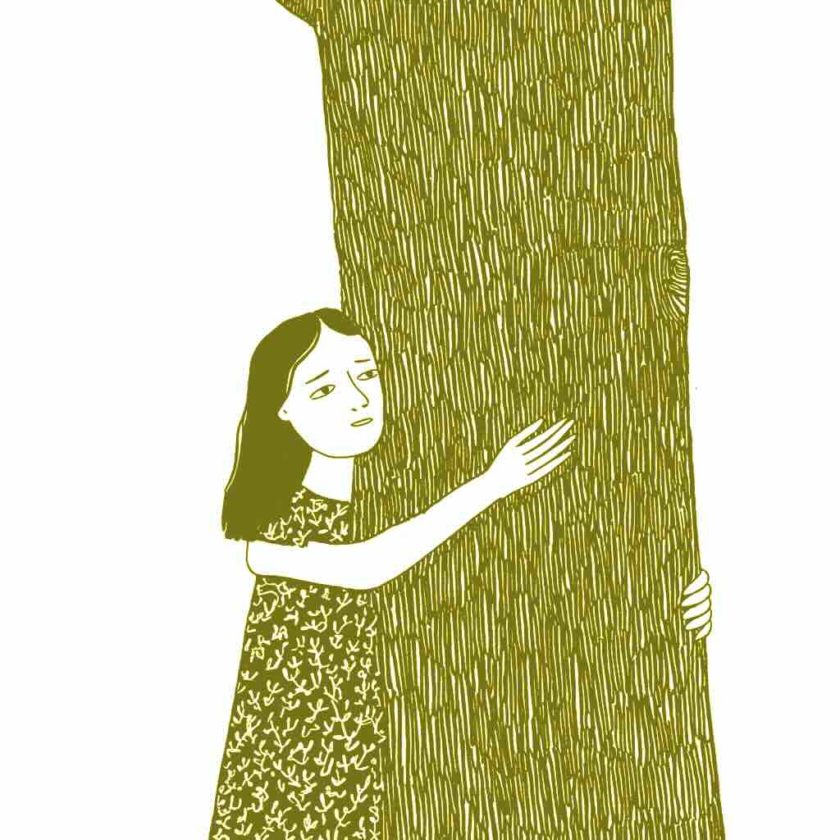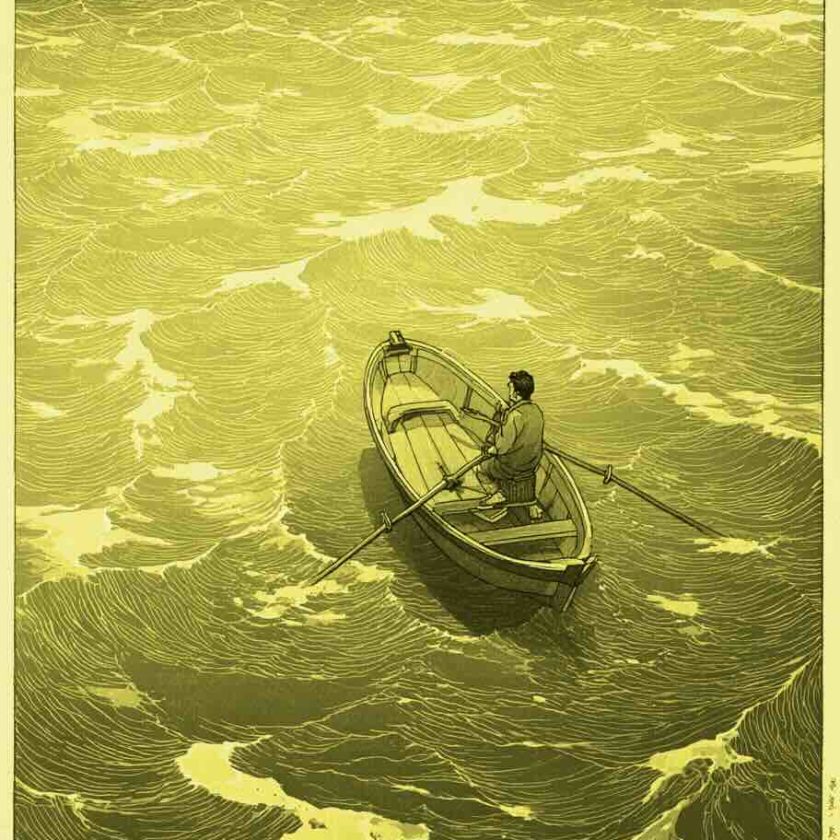This is the question on every parent’s mind. How do you educate your children in such a way that they are protected from the dangers of the outside world, while not being ignorant of its realities?
There’s undoubtedly a happy medium to be found. You can’t leave your children in a bubble impervious to the outside world so that they won’t be handicapped later in life. Nor do we want them to be too close to the impurities that taint the daily lives of millions of people.
Shield And Sword
To prepare your children properly, you need to give them a shield (protection) and a sword (weapons to defend themselves). The weapons aren’t so much to hurt as to let them know that evil exists and that they can’t trust the first stranger who crosses their path. The sword will enable the child to prepare for the future and avoid the pitfalls of childhood that will stand in his way and that may have resounding consequences later on. The shield is yours to carry, as in a kind of duet. It’s up to you to protect your child from threats that, at his young age, he can’t face or discern.
Different Themes And Degrees Of Exposure
A child is an adult in the making, which is why it’s important that he or she doesn’t grow up totally naïve, even if it’s important to preserve the innocence of childhood. It’s a delicate balancing act for any parent. In short, we could say that he needs to be accustomed in homeopathic doses to the adult world that awaits him.
Philosophy And Death
To philosophize is to learn to die. Growing up also means learning to die. At every moment, there’s a part of us that dies, and so it can generate anguish, just like all human beings before us. Children will probably not be directly exposed to death, but they will probably be confronted in one way or another with the disappearance of someone close to them. Knowing that death is part of life, and even that it is death that gives life its taste, is an essential lesson to pass on to your children. Everything is impermanent, everything changes, everything comes and goes. To live is to learn to die, and children must integrate this idea if they are to live life to the full.
Nothing Is Free: The Law Of Reciprocity
Every action provokes a reaction, in accordance with Newton’s third law. Children need to know that they’re evolving in a world made up of energies, even if this seems esoteric. There are invisible forces at work all the time, and we need to be vigilant about how these forces manifest themselves. To protect themselves, children must learn to discern between negative and positive forces. Lies, fear, violence, jealousy and aggression are manifestations of the dark forces that need to be protected from, and that the child must avoid reproducing in his heart or mind. Conversely, benevolence, forgiveness, generosity, courage, self-sacrifice and joy are elements of the luminous forces to be approached and imitated by every child. If a child gets into the habit of manifesting dark forces through his thoughts or behavior, he will, according to the law of cause and effect, attract these same forces into his life, whether in the short or medium term. That’s why it’s essential for a child to be aware of these laws from an early age.
A Broken Child Will Lead To A Broken Adult
Every child has dreams and hopes that he or she wishes to realize. Part of a parent’s job is to give wings to these dreams, so that they can be fully realized. Adults often nip their children’s enthusiasm in the bud, leaving them to wander aimlessly for years. Parents destroy their children’s dreams for the sake of doing the right thing. The problem is that they’re guided by fear. Fear is not a good advisor. Whatever you do, if you have to protect your children, don’t be guided by fear or love, otherwise you’re likely to destroy what’s most precious in them.
A Parent Is A Guide, But So Is A Friend
A parent is an authority figure who must set an example for his or her children. In doing so, the pressure is sometimes hard to bear, as children demand so much of us. A parent is not perfect, and must admit his or her imperfection by occasionally assuming the role of friend, i.e., equal. A child who perceives that a parent is not perfect, but who nevertheless enjoys authority, may end up turning away from him or her.
Emancipating Yourself From Your Childhood
When you grow up and become a parent yourself, there are two main things that can happen. The first is that we consciously decide not to reproduce the things that made us suffer or displeased us during childhood. The second is that we unconsciously act like our own parent without taking a step back from our own upbringing. Some traumas may seem indelible, but they need to be digested and dealt with if they are not to remain imprinted on our subconscious.
Recognizing The Good And The Bad In Your Own Childhood
Nobody is perfect, and our parents are no exception to this rule. It’s better to reflect on the good they brought to our upbringing, and what could be improved. It’s not easy to judge an education in retrospect. Times and mentalities change. What was once acceptable is probably no longer so today. An education that’s in step with the times is one that manages to learn from the past while removing what’s no longer relevant today. Educating a child well is above all educating oneself well.
There’s No Other Way To Teach Than By Example.
What distinguishes a good parent from a bad one is typically that the bad parent doesn’t do what he or she says, and the good parent teaches mainly through action and behavior. Children are no fools; they can easily see the discrepancy between words and deeds. Action is the main vehicle for learning. Words are only a decoy. Adults are easily fooled by words, but children get to the heart of the matter and only copy what they see, not what they hear, which is why every parent must be irreproachable.
Children Are Teachers
The high expectations children have of their parents mean they need to set an example. Their purity and innocence are formidable sources of inspiration for parents, who see in them a natural nobility that must be honored. Children are not tainted by the darkness that confronts adults. Their purity can serve as a guide for parents who want to preserve it, which means they too must make an effort.










